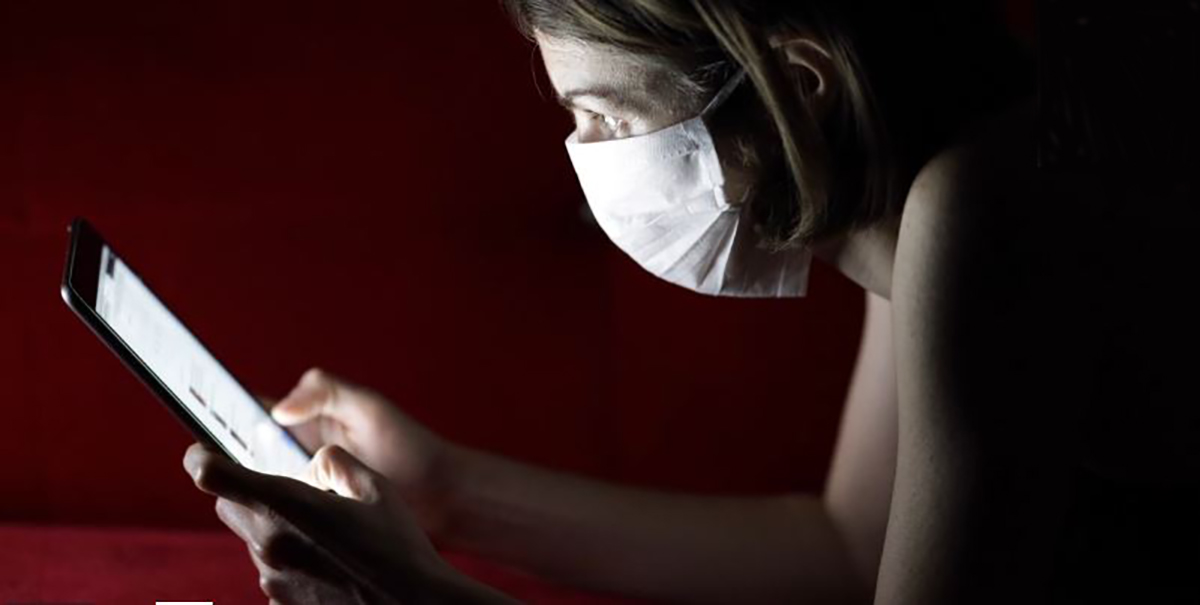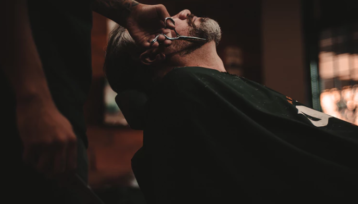Cases of coronavirus are rising across America, including in Atlanta, Georgia, home of the Centers for Disease Control & Prevention. But that’s not the only respiratory illness going around right now. Influenza and RSV are also making people sick.
Do you have COVID, the flu or RSV? This article will tell you how to know and what to do about it.
Do I Have COVID?
The best way to tell if you have COVID is by taking a test.
Most at-home COVID tests are of the antigen variety, according to the FDA. Although the at-home tests are not flawless, they are expedient and convenient for millions of Americans who want to know if they have been exposed to the virus.
Currently, U.S. households can receive a set of four free at-home tests sent by the Postal Service. Here’s what to know about the tests:
- Limit of one order per address
- Includes 4 individual rapid antigen COVID-19 tests.
- Shipping started the week of December 19, 2022
- Order at covidtests.gov.
FDA-authorized over-the-counter (OTC) at-home COVID-19 tests for self-testing at home or other locations are a fast and convenient COVID-19 testing option.
Do I Have The Flu?
The flu virus is cycling through the United States right now, which is typical during the colder months.
How can you tell if you may have the flu? You might have influenza if you exhibit any number of the following symptoms: fever, cough, sore throat, runny or stuffy nose, body aches, headache, chills and/or fatigue. Some people may experience vomiting and diarrhea, though this is more common in children.
Do I Have RSV?
On the other hand, you may have the newest ailment that has emerged over the past several months. RS.
Respiratory syncytial virus, or RSV, is a respiratory virus that presents like a cold. The symptoms are typically mild and cold-like and people usually feel better in about a week’s time.
What If I Was Exposed To COVID But Don’t Have Symptoms?
The CDC says that if you happened to have been exposed to someone who has COVID and you do not have symptoms, you should wait at least five full days after your exposure before testing. If you test too early, you may have an inaccurate result.
What Are The Symptoms of COVID-19?
- Cough
- Shortness of breath or difficulty breathing
- Fever
- Chills
- Repeated shaking with chills
- Muscle Pain
- Headache
- Sore Throat
- Loss of Taste or Smell
- Congestion or runny nose
- Nausea and vomiting
- Diarrhea
Those last three symptoms — congestion / runny nose, nausea / vomiting and diarrhea — were added by the CDC in May 2020.
Now some scientists are warning about “Long COVID,” which has been associated with patients infected with coronavirus across much of Europe.
What Is Long COVID?
Long Covid is a term associated with months-long symptoms seen in patients who have contracted COVID-18. The National Institute for Health Research documented more than 60,000 people who have experienced symptoms including:
- Shortness of breath
- ,Chronic fatigue
- “Brain fog”
- Permanent organ damage
- Anxiety
- Stress
Dr. Anthony Fauci, director of the National Institute of Allergy and Infectious Diseases, says that an incredible 20% to 40% of people don’t have any symptoms whatsoever despite their being infected.
Of course, you should always seek medical attention if these any of these symptoms become an emergency situation, including:
- Trouble breathing
- Persistent pain or pressure in the chest
- New confusion or inability to arouse
- Bluish lips or face
There is also reports that young people have had strokes due to COVID-19, but there is much to be learned.
Many people have been sharing their experience with COVID-19 on Twitter. Here is one such experience.
[THREAD FYI]
Hello, I want to share my symptoms of COVID-19 to raise awareness and to make people calm.I am a 24-year old Filipina who is currently residing in Berlin, Germany.
Last Saturday, I had sore throat (which is usual for me) cause I love sweets and cola. So, I ignored
— Kelly (@kellyabagat) March 19, 2020
How Do I Test For Coronavirus?
You may be wondering how you can test for coronavirus, if you think you have symptoms.
There are several sites around metro Atlanta where you can get tested for COVID.
How To Treat COVID At Home
If your symptoms aren’t too serious, you may be able to treat COVID at home. Here’s the experience of one person who recovered from COVID by treating it without going to the hospital.
The important thing to know is that it’s best to lay on your stomach so that your lungs don’t fill up with fluid, which could lead to problems.
Of course, please know that each person may experience different symptoms and reactions. If you have any questions, consult your doctor.
My friend, this is long, but please read.
This was shared on a Covid survivor group…have heard many of these before but it seems helpful:
HOW TO FIGHT COVID AT HOME
No one ever talks about how to fight Covid at home. I came down with Covid in November.
1/— WolfFyreEyes (@CibilSesco) January 5, 2021
As always, call 911 if you have a medical emergency: Notify the operator that you have, or think you might have, COVID-19. If possible, put on a cloth face covering before medical help arrives.
Final Thought
See the CDC website for official public health guidance on COVID-19 and other illnesses.
Where To Get The COVID Vaccine In Atlanta, Georgia
Atlantafi.com is bringing you the latest on the coronavirus pandemic, which has the state of Georgia and the city of Atlanta under a state of emergency. More definitive advice on health, please visit CDC.gov. Here are some helpful links:




